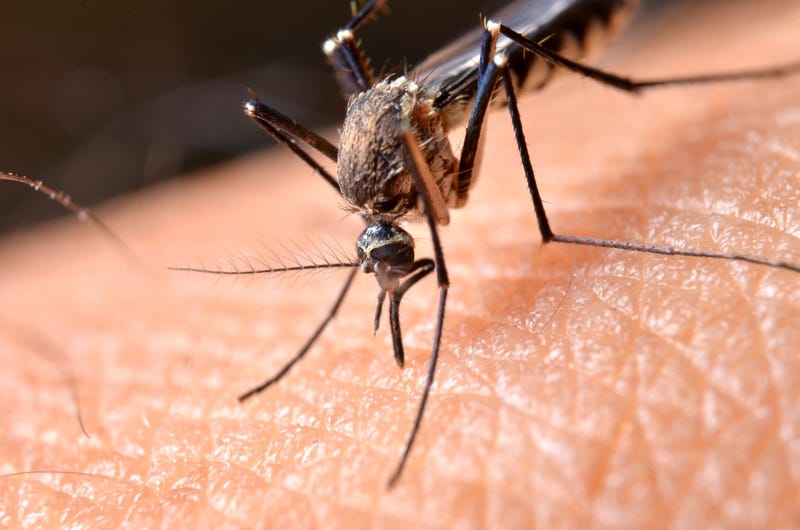
We've been hearing from people on both the Northshore and the Southshore about a spike in mosquitoes in the area. In fact, officials in Orleans, Jefferson, and St. Bernard parishes have been deploying helicopters and planes over the last few weeks to spray for mosquitoes.
Now, officials in St. Tammany Parish believe they know why we've been seeing more of those blood-sucking bugs: giant salvinia.
"These mosquitoes, if you think about it, are just trying to find a place to hide from all those fish out there that like to eat their young immature mosquito larvae," St. Tammany Parish Mosquito Abatement executive director Kevin Caillouet said. "Mosquitoes like to lay their eggs on these plants because they like to avoid predators."
Caillouet told WWL's Tommy Tucker that the recent dry conditions as well as other expected weather patterns will help kill some off those mosquitoes.
"We should be getting lower abundances of mosquitoes," Caillouet said. "When the cold fronts start coming through, that will lower them even further."
Caillouet adds that LSU researchers are studying a way to get rid of giant salvinia in local waterways and, in the process, reduce the mosquito population.
"Weevils like to eat the salvinia itself, and those weevils will cause that salvinia to die," Caillouet said. "So it's a form of biological control."
